Echoes of the Cold War: Russia Talks Missiles in Cuba and Venezuela
Others are reading now
Talks of nuclear weapons are once again making headlines. It feels like echoes of the Cold War are returning, as Russia raises its nuclear rhetoric against the United States.
What was once a historical threat from decades ago is now being revived by senior Russian officials.
Russia’s “Main Geopolitical Adversary”
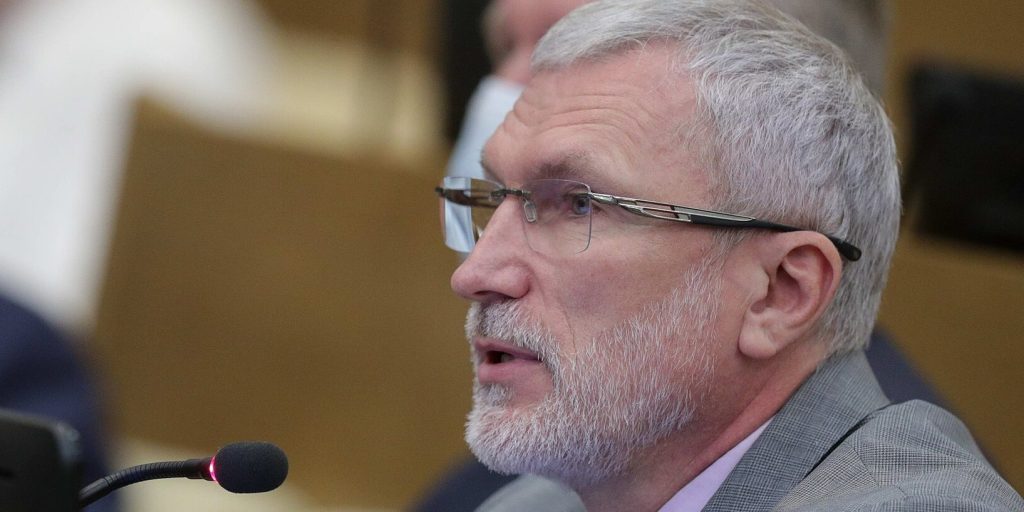
A top Russian lawmaker has suggested that Moscow could send nuclear-capable missiles to Venezuela or Cuba, reports Ziare.
Alexei Zhuravlev, Deputy Chairman of the Defense Committee of the Russian State Duma, made the comments on October 29. He said both countries are close to Russia’s “main geopolitical adversary,” referring to the United States.
Sees the US as An “Enemy”
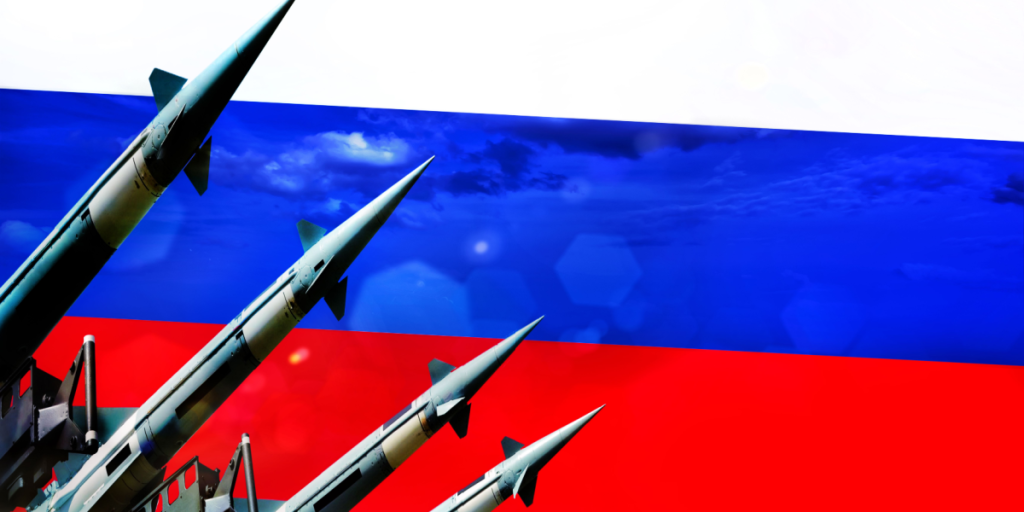
Zhuravlev stated that Russia has “a whole range” of missiles available and will use “whatever is necessary.” He described the U.S. not as a partner, but as an “enemy.”
Also read
His remarks reminded many analysts of the 1962 Cuban Missile Crisis, when the world came close to nuclear war.
Russia’s New Weapons
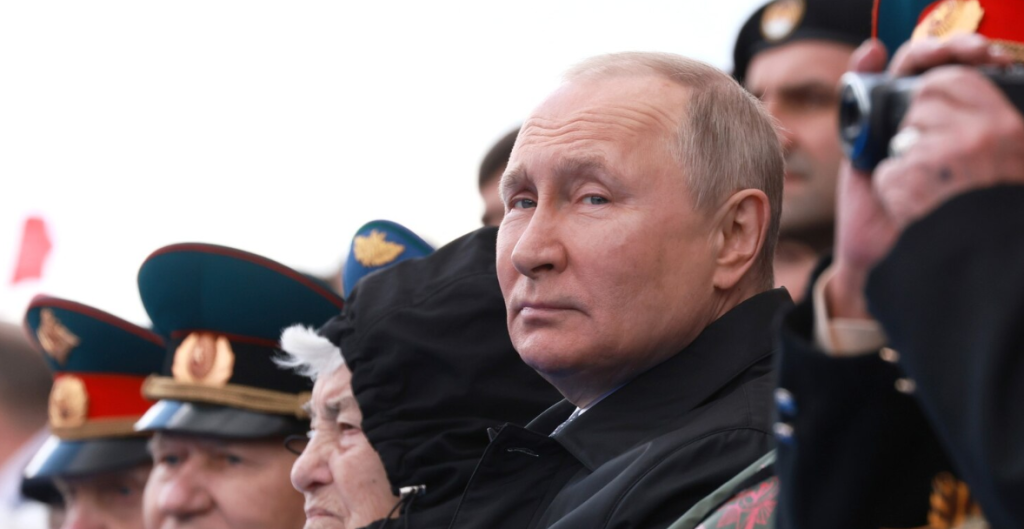
These threats come as President Vladimir Putin continues to boast about Russia’s new nuclear weapons.
On October 29, he announced that Russia had tested the Poseidon nuclear-powered underwater drone. He also praised the Burevestnik missile, another nuclear-powered weapon with global range.
Timing
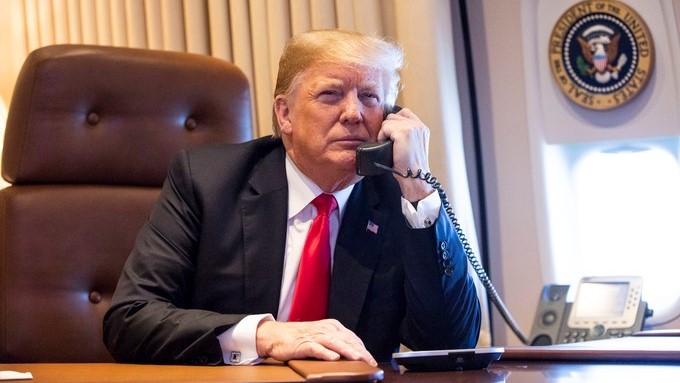
Putin’s timing was seen as deliberate. Just two days earlier, U.S. President Donald Trump had urged him to focus on peace in Ukraine instead of missile testing.
Analysts believe Putin’s statements are meant to pressure Washington and Europe into giving concessions that Russia cannot win through the war itself.
Also read
A Response to Europe
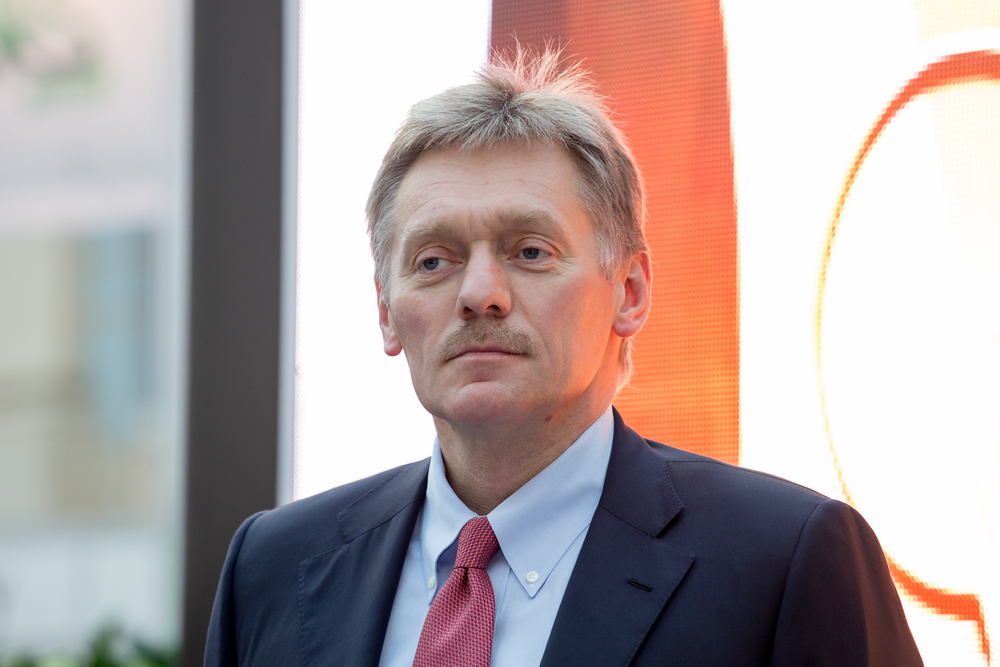
Meanwhile, Belarus is also being drawn into Russia’s strategy. The Belarusian government confirmed that the new Oreshnik missile system will enter service in December 2025.
Kremlin spokesman Dmitry Peskov said the move was a response to “militaristic hysteria” from European countries.
Ready to Prolong the Conflict
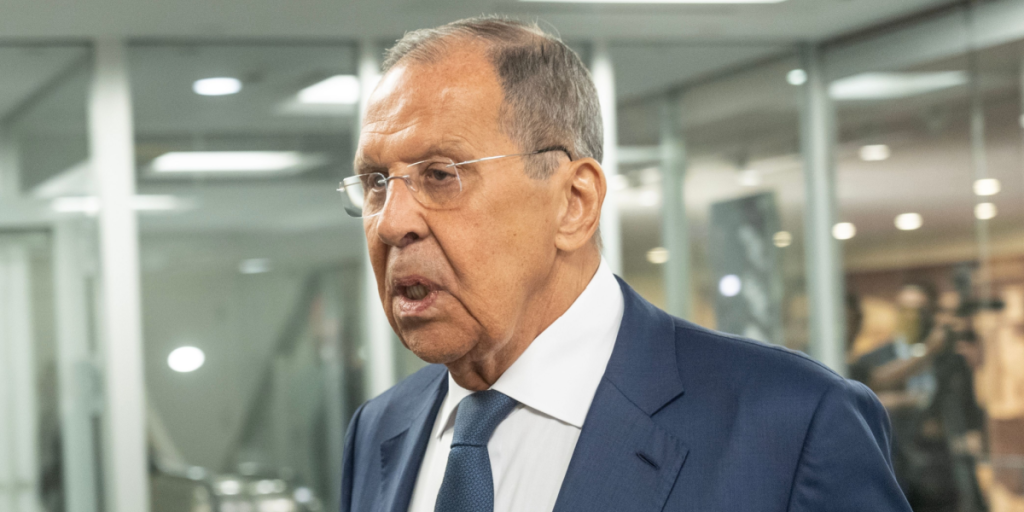
Analysts at the Institute for the Study of War say these actions are part of a campaign to weaken Western unity over Ukraine.
Russian officials appear ready to prolong the conflict until Ukraine and its allies give in to Moscow’s demands.
On October 28, Russian Foreign Minister Sergei Lavrov rejected Trump’s ceasefire proposal. Russia’s position remains the same: it wants full control over its claimed territories, no matter how long it takes.


